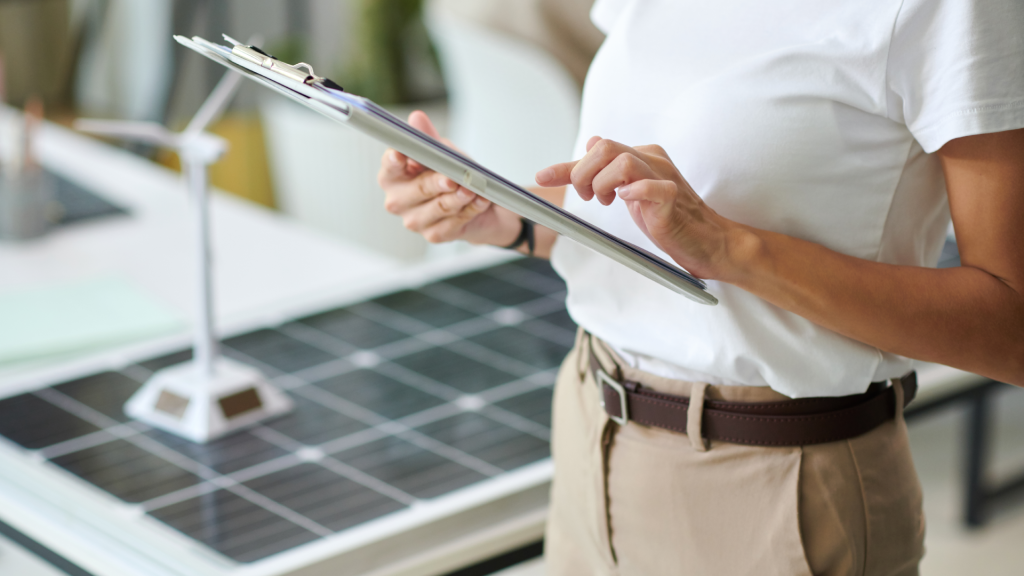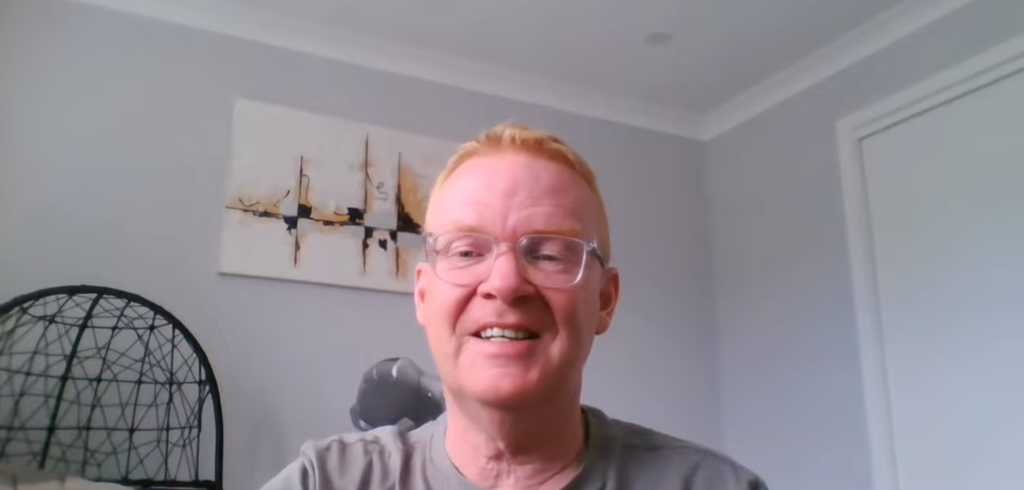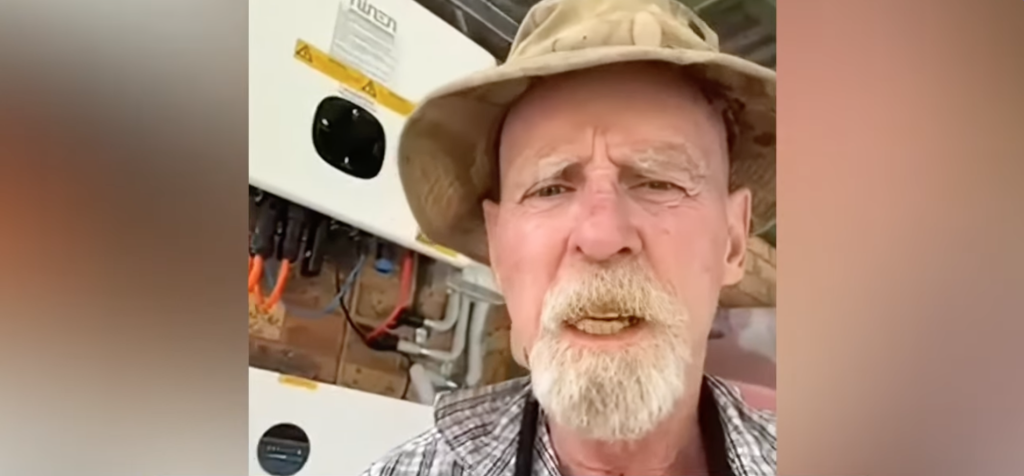Thinking about going solar or adding a battery, but have some niggly reliability concerns? What if the solar system fails or the installer goes out of business?
They’re fair concerns, especially as solar and battery installations are a significant investment. But here’s the good news: with the right knowledge, you can pick reliable solar systems and find the best solar installers Australia has on offer, ensuring your system works as promised with the continued support you expect.
1. Will my solar panels fail? The facts about reliability
Early solar adopters faced challenges – when the Aussie government launched its solar incentives scheme in the early 2000s, there was a boom in shonky solar installers installing even shonkier quality panels. When inevitable solar system failures happened, many of these low-quality installers had gone bust, leaving their customers in the lurch.
Thankfully, those days are over. Our federal pollies and independent bodies have stepped in, resulting in stricter industry regulations and stringent product compliance testing against Australia-wide standards, performed by the Clean Energy Council. It’s pretty safe to say we’re now in our ‘highly reliable’ solar systems era!
If stats satisfy you, it’s also reassuring to know a solar system failure is rare. Just 5 in 10,000 modern solar panels fail, a rate of 0.05% (National Renewable Energy Laboratory). It’s just one reason why over 1 in 3 Aussies have solar, not to mention a massive 62% jump in home battery sales from 2023 to 2024 (Clean Energy Council).
2. How do I protect myself?
While solar system failures are exceedingly rare, it’s good to know there are ways you can increase your chances of avoiding them by:
- Knowing your warranties
- Hiring a trusted solar installer
When purchasing solar panels, inverters and battery warranties, you’ll typically get three types:
Product warranty (or manufacturer’s warranty)
This covers physical defects in panels, inverters and batteries, but not normal wear and tear or weather damage, like hailstones. If a panel fails within the warranty period, the manufacturer will typically replace or refund the panel. Note: some product warranties also cover the labour and shipping costs, others don’t.
Performance warranty (or power outputs warranty)
This guarantees the product’s ability to produce a certain level of energy over time, with capacity percentages, for example a warranty may state your panels are guaranteed to keep producing at least 80% capacity after 25 years.
Solar installation warranty
This protects you against installation-related issues.
It’s even better to know that these warranties are all in addition to your automatic rights under Australian Consumer Law .
To best protect yourself and your investment for the long-term, here’s what to look for in a product and solar installation warranty:
Solar panels:
- A minimum 10+ year product warranty (premium panels offer 25+ years)
- 25+ year performance warranty (around 80% capacity after 25 years)
Inverter:
- 5-10 year product warranty
Battery:
- A minimum 10+ year product warranty (premium batteries offer 25+ years)
- A minimum 10 years with a certain amount of minimum capacity, in the range of 60-70%
Installation:
- A minimum of 10 years
It’s a smart move to take your time when reading through the warranty details, as they can vary widely between manufacturers and installers. Pay particular attention to warranty limitations, exceptions and conditions of operation (for example, some manufacturers limit the number of times you can charge and discharge your battery per day).
Now let’s turn to the second key way you can ensure you purchase a reliable solar system.
3. Choose a reputable solar installer
Selecting a trustworthy installer gives you peace of mind knowing you’re not only getting a high quality product, but minimising the chances of the company going bust and leaving you in the lurch.
There’s plenty you can do to cover yourself when looking for the right installer. Ask yourself these questions:
- Do they have the right licenses and certifications? Ensure the installer meets state and local requirements, and holds relevant certifications and accreditations.
- Do they have a solid reputation and reviews? Check online reviews and customer feedback to verify their track record.
- What’s their financial status and terms? Scrutinise financing terms for hidden costs or unfavourable terms. Are their solar prices too low? If so, they might be using low quality products with profit margins too small to keep them afloat for the long-term.
- How long have they been operating? Installers who been around for at least 4 to 5 years offer market-tested reliability. They’ve been around long enough to hone their expertise and industry knowledge, while reaping the benefits of sustained growth.
4. Your extra safeguard: ongoing maintenance and monitoring.
Picking the right installer and high quality solar products is a fantastic start to avoiding a rare solar system failure. But you can take that up a notch by proactively looking after your system. This involves:
1. Regular maintenance
Schedule periodic inspections and cleaning to prevent dirt, debris, or weather damage from reducing your solar panel efficiency. Aim for at least a year.
You could can do it yourself (carefully!) or hire a professional to do it for you (if you have a good installer, they can help you find one). If you choose to go it alone, check out our cleaning guide for safety tips and things to consider.
2. Don’t ignore issues
If you notice a drop in power output, increased dirt or debris, or any other small issue, tackle it immediately. It’s easier to deal with a small issue, rather than wait for it to become a bigger (and more expensive) one.
3. Monitor performance
Use monitoring apps or tools provided by your installer to track energy production and quickly spot issues.
4. Store documentation safely
Keep all contracts, warranties, and maintenance records in a secure place for easy reference if you need support or repairs.
5. Consider insuring your solar system
Your solar system warranties don’t cover things like hail or wind damage. You can add another level of protection by taking out insurance on your solar system.
Solar system – not a risky business
By doing your research and choosing a reputable installer with solid warranties, you can reduce your risk of solar system failures. Add in a side of protective monitoring and maintenance, and you’re set to enjoy decades of worry-free energy savings.
Interested to find out more about how Think Renewable can help you get away from the grid? Contact us for a free consultation to discuss our quality solar product options, from panels right through to batteries and virtual power plant plans.




